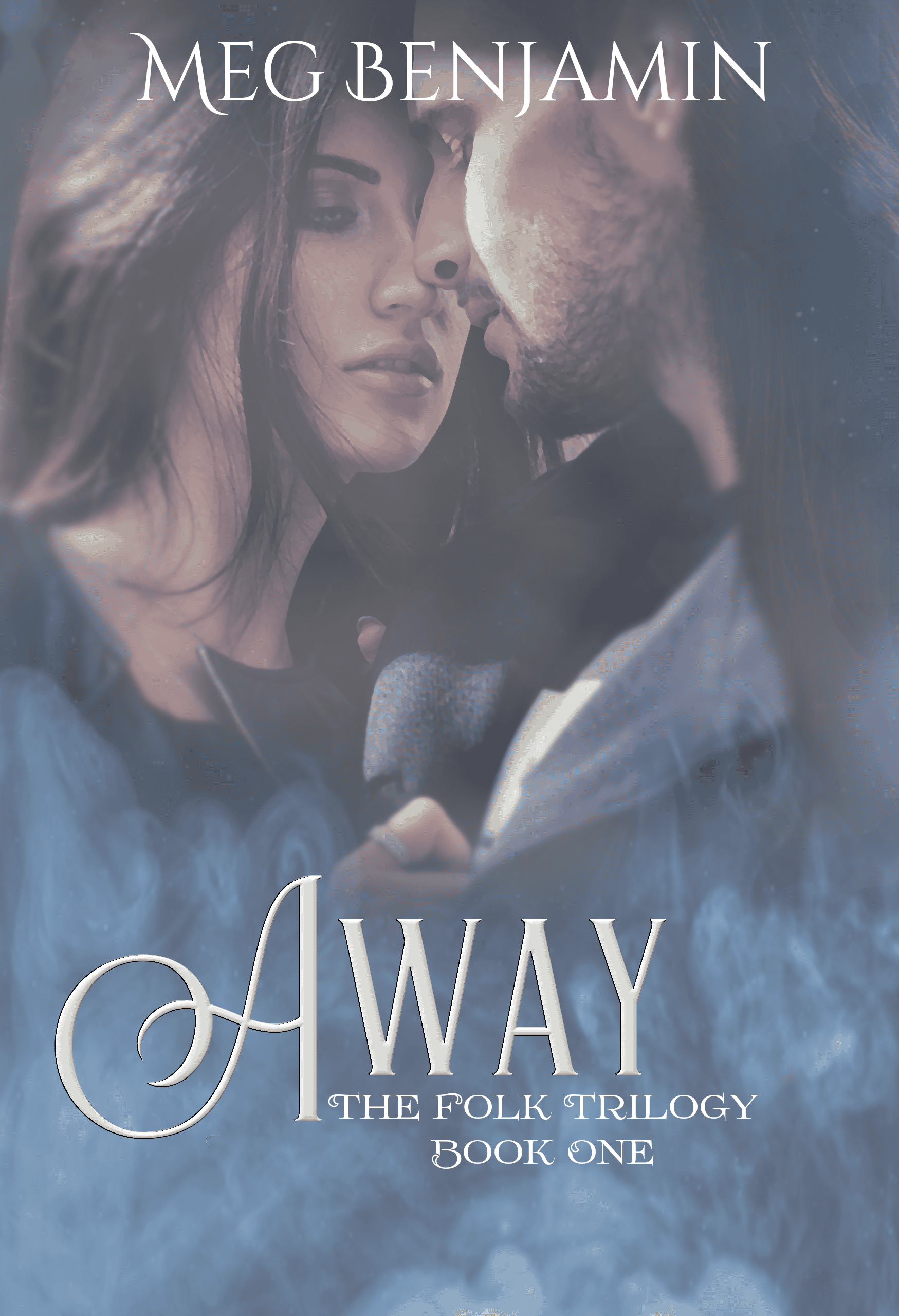On Critique Groups
I’m a real critique groupie and have been ever since I joined my first RWA chapter. In fact, the critique group was the biggest attraction of the chapter, at least initially—I desperately wanted somebody to read my stuff and tell me if I was headed in the right direction. For those of you who haven’t gone the critique group route before, this is how it works: each member of the group submits something they’ve written (usually with a page limit and some formatting instructions). Then other members of the group read the submissions and make comments, preferably in writing. Then the writers get their manuscripts back with comments and decide which revisions they want to make.
There are variations in the way the groups are run, of course. Some groups meet in person and discuss each submission as a group. Some groups are on line and the manuscripts are only read by a few people. I’ve been a member of both types, and they both have their advantages. In-person groups give you the ability to ask questions and make comments as people dissect your work, e.g., “Well, what I was trying to do there was. . .” or “Would it work better if I. . .” On the other hand, in-person groups can also be hijacked by strong personalities, so you end up with one person’s opinion rather than everybody’s. And in-person groups can take a long time, depending on how many people are involved. On-line groups are faster, but you get less feedback since all you have are written comments. In addition, you don’t have any opportunity to ask questions as people work their way through the manuscript. So if someone makes a mistake in reading (e.g., if they miss a character), all their comments may be useless (on the other hand, you may find out you have a problem if people are missing something vital).
I’ve heard writers say that critique groups aren’t worth much if the other people in the group aren’t at the same level of experience as you are. That’s a problem, I agree. If you’re an experienced writer and you’re in a group with newbies, you may feel as if they’re straining to find something to say and nitpicking because they really don’t know how to critique you. I’ve had this happen in contest entries where a judge seems obsessed with something like adverbs, or where they insist that you’re supposed to include all five senses in every scene (not always necessary or, indeed, possible) because that’s what they were told in the last workshop they attended. Nonetheless, it’s possible to get something valuable even from an inexperienced writer, and to some extent you’re paying your dues here. Experienced writers helped me out when I was clueless, and I figure I can repay the favor.
Do I always agree with critique partners? Of course not. There are times when I find myself snarling or making sarcastic comments to the computer screen. But I’ve sometimes found that the comments that annoy me are the ones I most need to see. Arthur Quiller-Couch once said that the first rule of revising was “Kill all your darlings,” and that’s what happens in critique. You see that beautiful little turn of phrase, the one you washed and brushed and dressed with a bow, through other people’s eyes. And you may realize that you were washing and brushing a piece of crap (to put it politely). Now you may feel defensive about it, but you do need to hear it because, in my experience, agents and editors are a lot less concerned about your feelings than your critique partners.
So my first rule for aspiring writers is this: find someone to read your stuff who doesn’t love you. That’s what critiquing is all about. At some point, if you’re lucky, some stranger will be reading your book. It helps to know what they’re likely to say before you send that book out on its own.
Posted in Blog • Tags: writing critique groups workshops | Be The First To Reply!








